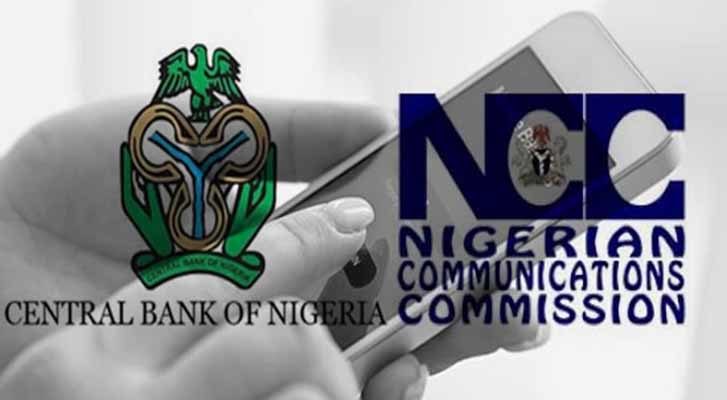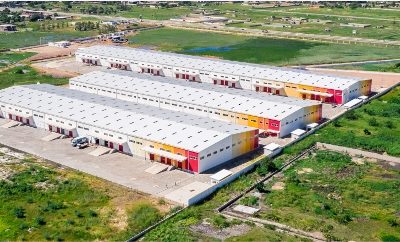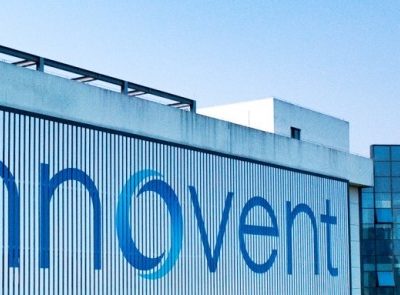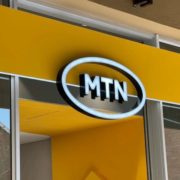The Nigerian Communications Commission (NCC) has directed mobile network operators (MNOs) to disconnect the Unstructured Supplementary Service Data (USSD) codes of nine financial institutions over unpaid debts. This decisive action underscores the persistent financial dispute between telecommunications companies and Deposit Money Banks (DMBs), despite previous interventions by the Central Bank of Nigeria (CBN).
RELATED: CBN, NCC and DMBs on the N250b USSD debts
According to a directive issued by Reuben Muoka, NCC’s Director of Public Affairs, the affected banks must settle their outstanding debts by January 27, 2025, or face permanent disconnection of their USSD services. The NCC warned that these codes, crucial for mobile banking operations, could be reassigned to other entities if the debts are not cleared.
Highlights
- Outstanding Debt
- Out of 18 financial institutions, nine have failed to comply with the directives outlined in the Second Joint Circular issued by the CBN and NCC on December 20, 2024.
- The total debt owed by these institutions initially exceeded N200 billion, with some invoices dating back to 2020.
- Potential Service Disruptions
- Consumers relying on mobile banking services via USSD codes from the affected banks may face service disruptions starting January 27, 2025.
- The NCC has assured consumers that the financial institutions were duly notified of the compliance deadline.
- Implications for Banks
- Failure to comply with the debt settlement directive could result in the loss of USSD code access, which is essential for enabling mobile transactions.
- The banks’ inability to meet regulatory requirements will also impact their good standing for USSD code renewals.
NCC’s Statement
In its official release, the NCC noted:
“By the information made available to the commission as at close of business on January 14, 2025, nine out of 18 financial institutions failed to comply significantly with the directives in the Second Joint Circular of the Central Bank of Nigeria and the commission.”
The NCC emphasized that the lingering debt issue has created operational inefficiencies and impacted service delivery for millions of consumers.
USSD Growth Amid Challenges
Despite these financial disputes, USSD usage in Nigeria continues to grow. According to CBN data:
- Between January and June 2024, 252.06 million transactions valued at N2.19 trillion were conducted via USSD platforms.
- This reflects a steady rise compared to 2023, when 630.6 million transactions worth N4.84 trillion were completed using USSD codes.
The growth of USSD underscores its critical role in facilitating financial inclusion, especially for unbanked and underserved populations in Nigeria.
Industry and Consumer Implications
For Telecom Operators
The directive highlights ongoing tensions between telecom operators and financial institutions. Mobile network providers have consistently demanded prompt payment for USSD services to maintain operational efficiency and support infrastructure development.
For Financial Institutions
Banks risk losing access to critical digital platforms, which could erode consumer trust and hinder efforts to expand financial services.
For Consumers
Millions of Nigerians relying on USSD codes for mobile banking, fund transfers, and bill payments may face disruptions, further underscoring the need for a resolution.
Regulatory Oversight and Future Outlook
This development highlights the NCC and CBN’s commitment to ensuring accountability in the telecom and financial sectors. By mandating debt repayment and enforcing compliance, regulators aim to foster a sustainable digital economy while protecting consumers.
However, resolving this issue requires collaborative efforts between stakeholders to address the underlying causes of the debt impasse, such as billing disputes and revenue-sharing mechanisms.































